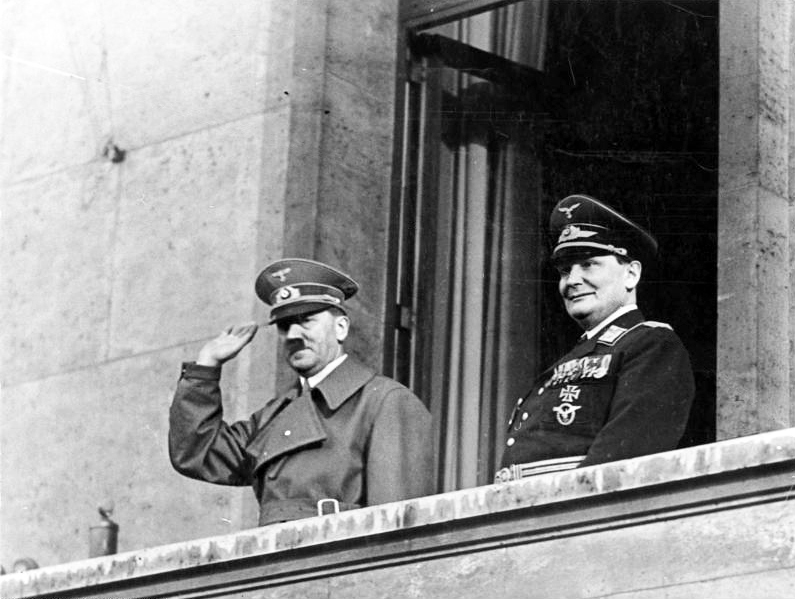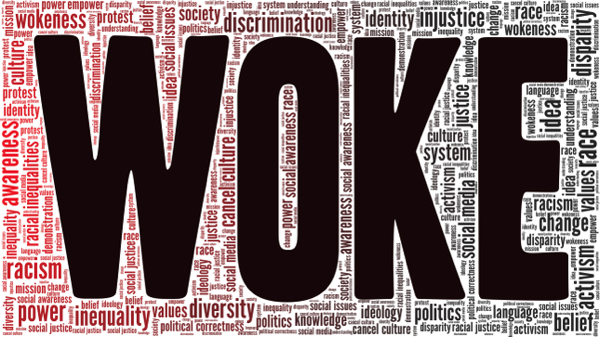Russia and U.S. conservatives challenge Israel’s legal justifications for nuclear strike
06/17/2025 / By Willow Tohi

- Israel strikes Iranian nuclear sites, Iran retaliates with missile attacks on Israel.
- Russian Deputy UN Envoy Dmitry Polyansky condemns Israel’s actions as violating international law, dismisses “perverted” self-defense claims.
- Conservative journalist Tucker Carlson warns of US complicity in the strikes, accuses Trump allies of enabling “all-out war.”
- Attacks threaten revived US-Iran talks set for Oman amid conflicting statements on whether negotiations will proceed.
- Dissenting voices question Israel’s strategy while reaffirming opposition to terrorism, highlighting broader geopolitical concerns.
On June 13, Israel launched airstrikes targeting Iranian uranium enrichment facilities and senior military commanders, framing the operation as preemptive action to halt Tehran’s nuclear ambitions. Iran retaliated hours later, launching ballistic missiles at Israeli cities, including Tel Aviv. The clashes mark a rare direct military confrontation between the two rivals, escalating regional tensions and drawing sharp criticism from Russia—a key ally of Iran—and U.S. conservative figures, including prominent media personalities, who accuse the U.S. of complicity in the attack. While Israel asserts its right to self-defense, its strategy has sparked international legal debates and domestic political fractures in the U.S., with some conservatives arguing the move risks destabilizing peace efforts and legitimizing aggression.
“Perverted logic”: Russia denounces Israeli aggression as illegal, warns of irreparable harm
Russia’s Deputy Permanent Representative to the UN Dmitry Polyansky dismissed claims that Israel’s strikes were acts of self-defense as “very perverted logic,” accusing Israel of flagrantly violating the UN Charter. Speaking to RT on June 15, Polyansky emphasized that Israel, as the aggressor, had “launched an aggression entirely breaching international law,” adding that framing preemptive strikes as self-defense “cannot be justified.”
The Russian diplomat further accused Israel of sabotaging U.S.-Iran nuclear talks, scheduled to resume in Oman just days after the attacks. “The real goal of this provocation is to undermine diplomacy,” he declared, stressing that Moscow supports Iran’s stance that the strikes isolate Israel and destabilize efforts to resolve the nuclear crisis through dialogue.
With Iran’s envoy to the UN, Amir Saeid Iravani, stating that the U.S. and Israel’s allies bear joint responsibility for the escalation, Polyansky warned of “very-very serious consequences” if the conflict expands. On Saturday, Tehran’s foreign ministry spokesperson Esmaeil Baghaei declared diplomacy “meaningless” given Western support for Israel but stopped short of canceling the upcoming Omani talks.
Tucker Carlson blasts Trump for escalation, warns “all-out war” looms
Adding domestic urgency to the crisis, conservative media figure Tucker Carlson accused President Donald Trump of enabling an “all-out war” in the Middle East by aiding Israel’s strike. In a newsletter dubbed “possibly my final words before all-out war,” Carlson argued that years of U.S. military aid to Israel, combined with Trump’s post-strike praise, made the U.S. complicit in an act of “war.”
“Politicians claiming to be ‘America First’ can’t now hide their involvement,” Carlson wrote, citing Trump’s prior knowledge of the operation and railing against “warmongers” such as media personalities Sean Hannity and Mark Levin. His critique echoed themes from Mike Adams and Alex Jones, signaling a rare convergence among alternative media and traditional conservative voices questioning Israel’s strategy without endorsing Hamas or Iran’s extremism.
At the UN, Iravani condemned the U.S. as a key enabler of Israel’s actions, stating, “The consequences of this aggression fall on all who support Tel Aviv.” The U.S. Department of State denied involvement, though Trump’s confirmation of prior knowledge and his praise for the operation complicate these claims.
A pattern of escalation threatens nuclear diplomacy
This clash follows years of spiraling tensions. In 2022, Israel bombed Iranian bases in Syria, killing senior Quds Force commanders and escalating to indirect exchanges. The Biden administration had sought to revive the 2015 Iran nuclear deal, known as the JCPOA, but failed to secure concessions amid stalled talks. Trump’s 2024 presidency, however, welcomed talks with Tehran, arguing reviving the deal required concessions from Iran.
Current negotiations in Oman aim to address Iran’s advanced nuclear program, which the International Atomic Energy Agency warns could be weaponized within months. Israel and the U.S. long oppose Tehran’s uranium enrichment, fearing a nuclear arms race in the region. The June strike underscores how direct hostilities can derail diplomacy—a fear Polyansky expressed when citing Israel’s “provocation.”
A crux of legitimacy and geopolitical strategy
The June 2025 confrontations between Israel and Iran expose a critical divide over the moral and legal framing of warfare. Russia’s vehement rejection of Israel’s self-defense argument and the U.S. political dissent—from within Trump’s own conservative base—reflect broader concerns about unchecked aggression and its cost to global stability. While Israel asserts its right to prevent proliferation, its actions risk alienating diplomatic avenues and fueling anti-Western resentment.
As negotiators in Oman weigh whether to proceed despite the strikes, the world watches to see whether diplomacy can prevail—or if the Middle East marches toward an unraveling of fragile alliances, one where power shifts are dictated not by law, but by the barrel of a gun.
Sources for this article include:
Submit a correction >>
Tagged Under:
absurd, chaos, Crybullies, insanity, Iran, Israel, national security, nuclear strike, Russia, State Department, Trump, United States, violence, WWIII
This article may contain statements that reflect the opinion of the author
RECENT NEWS & ARTICLES
COPYRIGHT © 2017 BRAINWASHED NEWS




















